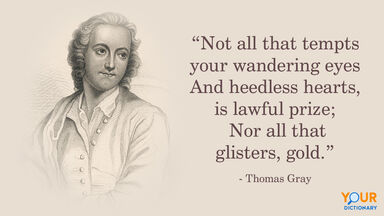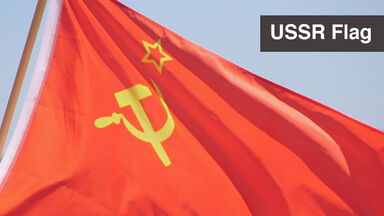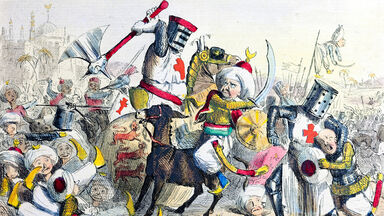The folly of the monarchs of the Holy Alliance in Europe gained for the writings of Montholon and Las Cases (that of Gourgaud was not published till 1899) a ready reception, with the result that Napoleon reappeared in the literature of the ensuing decades wielding an influence scarcely less potent than that of the grey-coated figure into whose arms France flung herself on his return from Elba.
The " Holy Alliance " of the three autocratic northern powers, recemented at Miinchengratz in 1833, which had gained for Austria the decisive intervention of the tsar in 1849, had been hopelessly shattered by her attitude during the Crimean War.
In his instructions to Novosiltsov, his special envoy in London, the tsar elaborated the motives of his policy in language which appealed as little to the common sense of Pitt as did later the treaty of the Holy Alliance to that of Castlereagh.
He offered to surrender the claim, successfully asserted when the sultan had been excluded from the Holy Alliance and the affairs of the Ottoman empire from the deliberations of Vienna, that the affairs of the East were the " domestic concerns of Russia," and to march into Turkey, as Austria had marched into Naples, " as the mandatory of Europe."
Finally he was forced to an open protest, which he caused to be inscribed on the journals, but the action of Capo d'Istria in reading to the assembled Italian ministers, who were by no means reconciled to the large claims implied in the Austrian intervention, a declaration in which as the result of the "intimate union established by solemn acts between all the European powers" the Russian emperor offered to the allies "the aid of his arms, should new revolutions threaten new dangers," an attempt to revive that idea of a "universal union" based on the Holy Alliance against which Great Britain had consistently protested.





